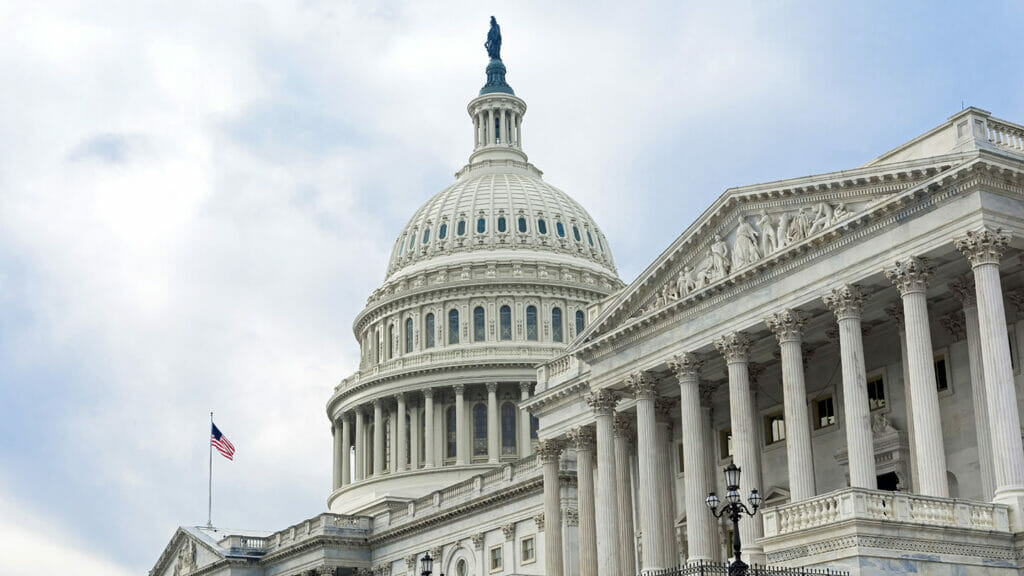
UnitedHealth Group, the largest Medicare Advantage organization, said Wednesday it will reduce the use of prior authorizations by 20%, as regulators and policymakers in Washington appear poised to crack down on MA plans.
UnitedHealth said the reduction will apply to certain non-emergency procedures, beginning in the third quarter and continuing through the end of 2023 for MA, Medicaid and commercial plans. The reduction in prior authorizations also will apply to some medical equipment and genetic tests used for diagnoses.
The move comes as provider groups, regulators and lawmakers continue to call for tougher oversight of MA plans due to prior authorizations, delayed claims processing and denials of services covered under Medicare.
Earlier this week, Sen. Elizabeth Warren (D-MA) penned a letter to Health and Human Services Secretary Xavier Becerra and Centers for Medicare and Medicaid Services Administrator Chiquita Brooks-LaSure urging them to implement a final rule that would cut Medicare payments to MA plans by 2.27% next year. Warren charged that the plans are “squeezing billions of dollars” out of Medicare partly with offerings of supplemental benefits, such as home care, in-home meals and transportation.
“Medicare overpayments to MA plans will ultimately cost Medicare beneficiaries $145 billion in increased premiums over the next eight years,” Warren wrote. “Approximately 45% of that amount, or $65 billion, will be paid by enrollees in TM [traditional Medicare], who do not receive any of the supplemental benefits or supposed efficiencies in MA, yet are responsible for subsidizing these overpayments to private insurance companies.”
Last month, CMS released the 2024 advance notice for MA that would reduce the baseline payments to those plans next year. The nonpartisan Medicare Payment Advisory Commission (MedPAC) said in a recent report to Congress that Medicare made $17 billion in overpayments to MA plans in 2021 due to coding differences that netted the plans more money than traditional Medigap plans. The notice came less than a year after the Office of Inspector General accused MA organizations of delaying or denying services to beneficiaries covered under Medicare.
MA plans increasingly have become popular with Medicare-eligible seniors in recent years because the plans are less expensive than traditional Medigap plans and many offer a variety of supplemental benefits. MedPAC estimated in its report the plans now comprise almost half (49%) of the Medicare market.



